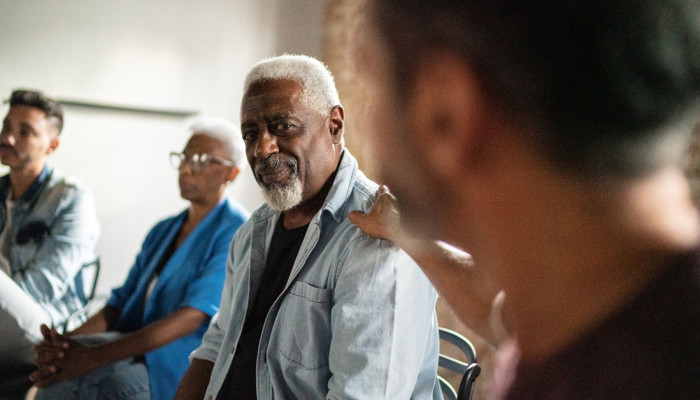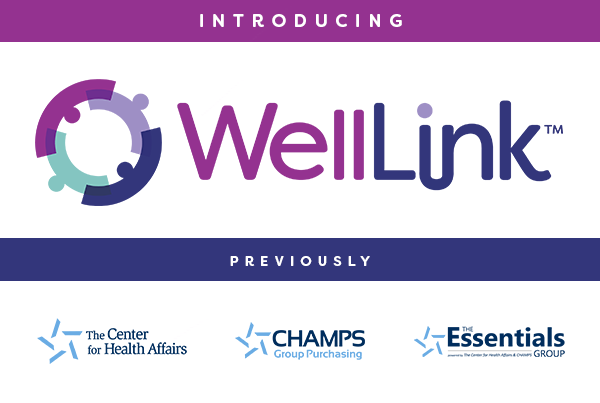New Report Highlights Experiences of Individuals Using Opioids to Manage Chronic Pain

Living with chronic pain often means more than managing physical symptoms — it can also bring isolation, judgment and frustration with a healthcare system that doesn’t always understand. Those were the sentiments echoed in a new report from The Center for Health Affairs, which details findings from focus groups exploring the personal experiences of individuals who use opioids to manage chronic pain. The report reveals a landscape shaped by stigma, barriers to care and a widespread need for greater compassion.
The results of the focus groups will support efforts to advocate for education, policies and practices that improve the quality of care for individuals managing chronic pain and be helpful in the creation of responsive educational tools to help patients and providers.
These focus groups were supported by the collective work of the Overdose Data to Action (OD2A) LOCAL grant funded through the Centers for Disease Control and Prevention. The Center for Health Affairs, through its work with the Northeast Ohio Opioid Consortium, is a subgrantee of the Cuyahoga County Board of Health.
The focus groups considered participants’ backgrounds, including different hospital systems where care was received, gender, age, geographic distribution, race and types of chronic pain.
The report’s findings are intended to inform individuals, clinicians, support systems, and society at large as efforts continue to enhance our response to and support for individuals who use opioids to manage chronic pain.
Key Insights of the Report
Participants across all focus groups shared that chronic pain had a significant impact on their social lives and relationships, financial stability, and emotional well-being. Common emotions shared when reflecting on chronic pain included hopelessness, isolation and frustration.
Key issues and findings from the report include:
- Stigma and social perception: Participants felt there is a lack of public understanding that opioids can be used properly and effectively. Instead, participants felt people assumed they were participating in illegal use or suffering from addiction.
- Barriers to care: Focus group members shared their experiences dealing with limited or no insurance coverage, inaccessible specialists and unclear medical information that led them to feel ignored by the medical system.
- Interactions with healthcare providers: Positive experiences included treatment from providers who actively listen, empathized and proactively followed up. Negative experiences involved dismissive attitudes, inconsistent communication and assumptions that participants were overreacting to pain.
- Alternative support and resources: Success with alternative treatments varied between participants but cost was often a barrier due to lack of insurance coverage. Across all groups, there was interest in exploring non-pharmacological options for pain management.
Recommendations From the Focus Groups
Participants provided actionable recommendations and identified changes they hope to see in the future, including:
- Enhance provider training: Participants emphasized the importance of compassionate care to reduce judgment during patient interactions.
- Expand options and accessibility to care: Providing transportation assistance, offering mobile or home-based services; and integrating physical therapy, dietary counseling, and team-based care approaches would be impactful.
- Advocate for patients: Encourage policies that support individuals with chronic pain or recovery histories in all places.
- Peer support: Increase access to in-person and virtual peer support networks and provide more opportunities for people to share their experiences and educate others.
- Increase public awareness: Launch public health campaigns to educate the public about chronic pain and reduce societal stigma.
These findings and more will be discussed at a roundtable hosted by The Center for Health Affairs and featuring the Northeast Ohio Opioid Consortium Education Series entitled, "The Future of Pain Management: Perspectives, Progress and Possibilities," on July 17. Watch our events calendar for registration information coming soon.
For more information, visit the Northeast Ohio Opioid Consortium’s website.

